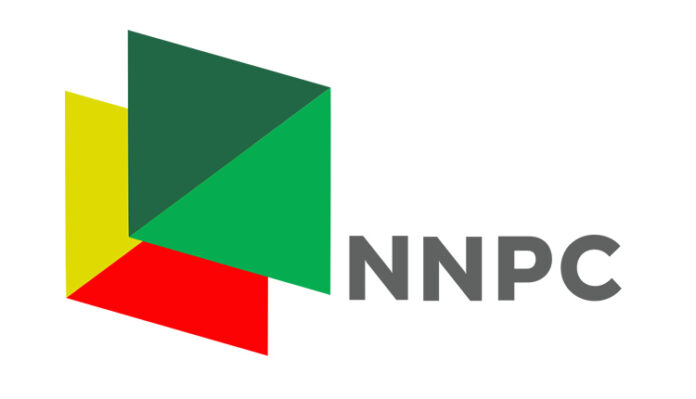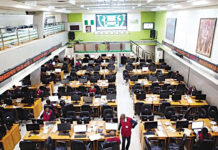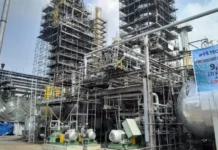The Civil Society Legislative Advocacy Centre (CISLAC) emphasized the urgent need for the Nigerian National Petroleum Corporation Limited (NNPCL) to provide a clear and transparent account of its current $6 billion debt and the steps being taken to address it.
In a statement released to Nigerian Tribune, CISLAC Executive Director Comrade Auwal Musa Rafsanjani expressed concern over the ongoing energy crisis, which has compounded socioeconomic difficulties for millions of Nigerians. This crisis has been exacerbated by the recent increase in the pump price of Premium Motor Spirit (PMS).
Comrade Rafsanjani, who also serves as Head of Transparency International (Nigeria), called on President Bola Tinubu to urgently find a lasting solution to the NNPCL’s financial problems. “The recent fuel price hike, coupled with ongoing shortages, has left millions of Nigerians in severe hardship,” he stated. “This situation is worsened by reports that the NNPC Ltd is burdened with approximately $6 billion in debts, which has led to a significant reduction in fuel supply across the country.”

Rafsanjani highlighted the alarming impact of these debts, noting that the financial strain has resulted in halted deliveries from suppliers, increased transport fares, rising costs of goods and services, and a flourishing black market where fuel prices are significantly higher than official rates. “The NNPC’s inability to meet its financial obligations threatens not only the stability of fuel supply but also the broader economic stability of the nation,” he added.
CISLAC urged the government to address this crisis with the highest priority. “The NNPC must provide a clear and transparent account of its debt situation and the measures being taken to resolve it. The public deserves to understand how these debts accumulated and what steps are in place to prevent further supply chain disruptions,” Rafsanjani said.
He also stressed the importance of ensuring fuel availability at official prices to prevent further exploitation of Nigerians by black market operators. “The current shortages and price hikes disproportionately affect low-income citizens, exacerbating poverty and inequality. Immediate action is needed to stabilize supply, reduce queues at filling stations, and prevent the exploitation of Nigerians.”
Rafsanjani also called for a comprehensive review of Nigeria’s energy policies, including fully utilizing local refineries such as the Dangote Refinery. Enhancing local production capacity is essential for reducing dependency on imports and ensuring a stable, affordable fuel supply.
“CISLAC urges the government to develop a sustainable fuel pricing mechanism that reflects market realities while protecting the most vulnerable. This includes reconsidering current subsidy arrangements and exploring alternative energy sources to reduce reliance on imported petroleum products,” he said.
As Nigerians face these challenges, Rafsanjani stressed the need for the government to provide transparent communication, effective solutions, and a commitment to public welfare. “The patience of the Nigerian people is not infinite. They expect their leaders to act in their best interests.”




